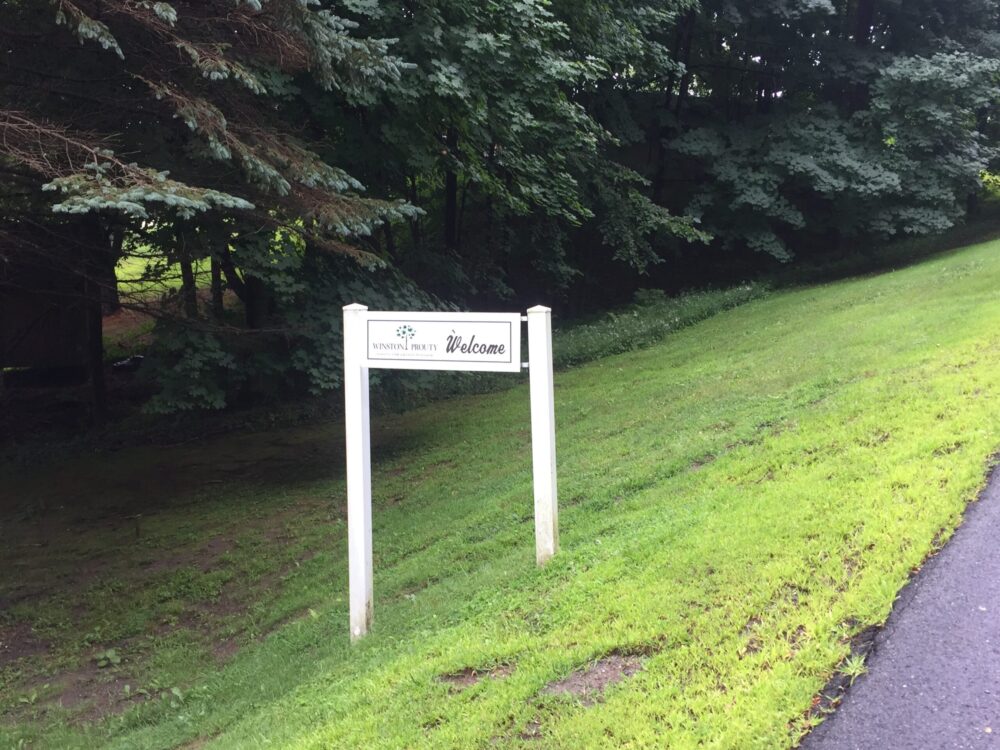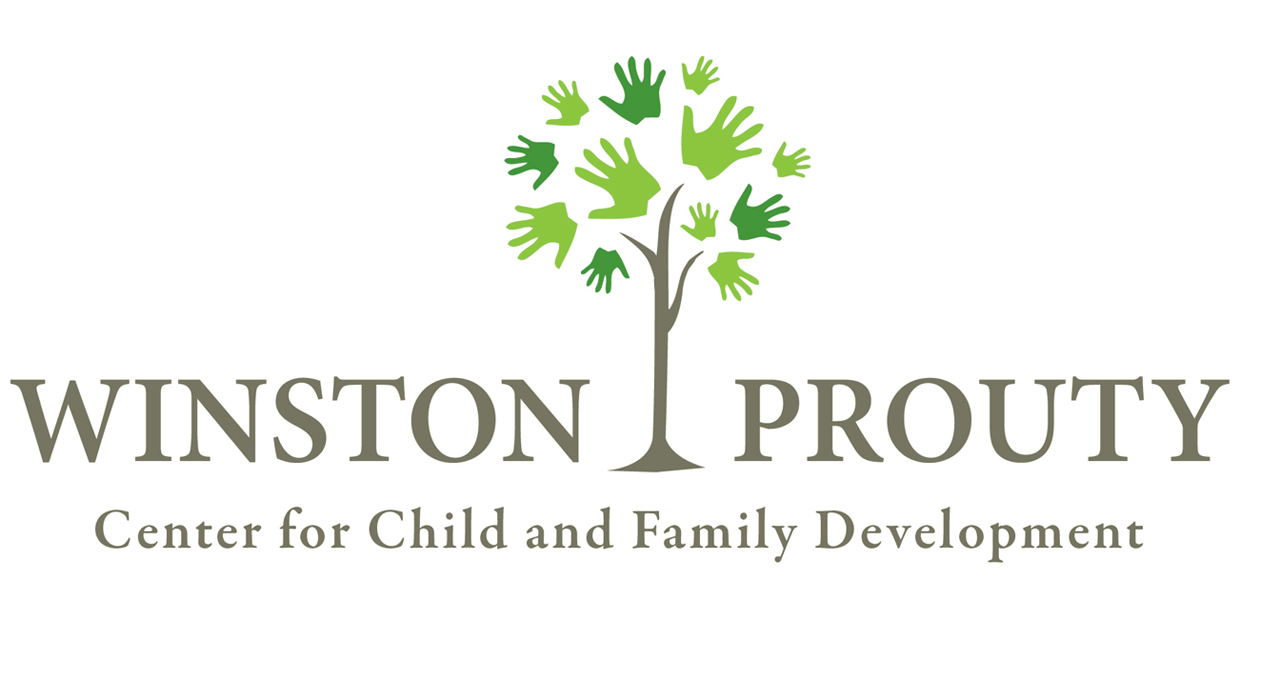Winston Prouty housing project receives $50k for feasibility study

By Chris Mays, Brattleboro Reformer, December 27, 2021
BRATTLEBORO — A plan to develop between 100 and 500 units of mixed-income housing on the campus of Winston Prouty has received a $50,000 boost.
The funds, going to the town of Brattleboro and the Winston Prouty Center for Child and Family Development Inc., are part of $3.5 million in community development block grants disbursed by the state to fund 14 projects in 14 counties.
In Brattleboro, the money will go toward a study of the municipal water and sewer infrastructure that would support the housing units.
“We are thrilled to take this next step in exploring how the campus can be a resource towards helping our community thrive,” said Chloe Leary, executive director of Winston Prouty. “We are in a dire situation in terms of housing, and the recent Brattleboro Housing Needs Assessment indicates a need for over 500 units right now to meet demand. While there is no magic bullet that will address that need quickly, it is heartening and exciting to have a concrete project that moves us in the right direction towards possible solutions.”
Other funding includes $535,000 to the town of Bristol and Addison County Community Trust for their Firehouse Apartments project and $350,000 for the River Bend Apartment project in the town of Stowe with the Lamoille Housing Partnership.
For a full list of recipients, visit the Vermont Agency of Commerce and Community Development website.
The Vermont Community Development Program, a division of the Department of Housing and Community Development, awards approximately $7 million annually in competitive grants to Vermont cities and towns. The grants are funded through the federal community development block grant program, administered by the U.S. Department of Housing and Urban Development.
The funds aim to help address local development needs with modest housing and suitable living environments. Funds are also used to expand economic opportunities geared to low- and moderate-income individuals and to improve infrastructure critical to community health and welfare.
